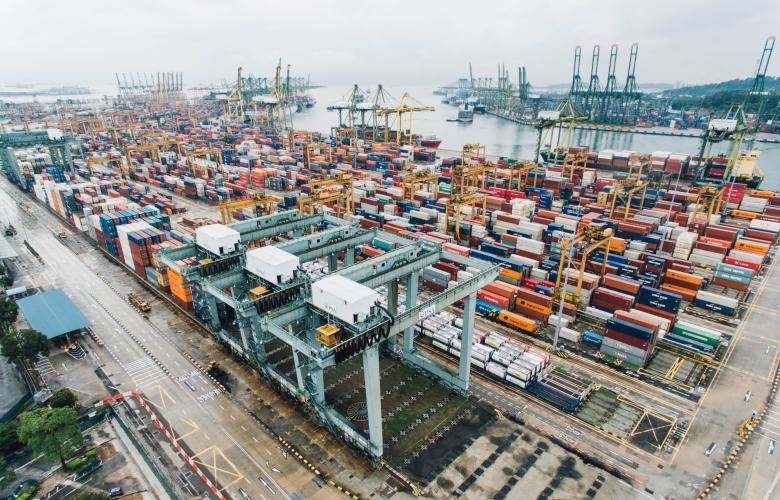Survey reveals uncertainty clouding small business
Contact
Survey reveals uncertainty clouding small business
Although business conditions remain positive, according to the Australian Chamber of Commerce and Industry – Westpac Survey of Industrial Trends, the mood is turning.
Business sentiment softened in the first three months of 2019, as broader indicators of an economic slowdown emerge and the outlook for Australian manufacturing becomes increasingly uncertain, according to the Australian Chamber of Commerce and Industry – Westpac Survey of Industrial Trends.
“While the March 2019 reading is not a weak one, it and the patchy start to the 2018 year are the softest readings since the end of 2016,” said Westpac Senior Economist, Andrew Hanlan.
Dating from 1966, the Australian Chamber of Commerce and Industry – Westpac Survey of Industrial Trends is the longest-running business survey in Australia, surveying over 300 respondents from across the manufacturing sector.
According to the survey, manufacturing new orders are rising, but at a slower pace. Manufacturers expect new orders to slow further in the June quarter, with the softest reading in four years.
However, the sector is still being supported by increased investment in government infrastructure projects, particularly as governments continue to add new projects to the investment pipeline. Exports are maintaining a modest uptrend, which is expected to continue, with the lower Australian dollar providing some support.
Despite this, other dynamics are more difficult, leading to a more challenging environment. “The boom in the housing sector has long since passed,” said Hanlan. “In 2018 and moving into 2019, the housing slowdown has accelerated, consumers have reined in their spending, much of regional NSW and surrounds are in severe drought, and the global economy has lost momentum.”
“Manufacturers are beginning to lose confidence in the general business environment as the Australian economy slows. In March, the number of optimists still outweighs the number of pessimists, with a net 12% of firms expecting the general business situation to improve over the next twelve months. However, that is well down from +38% a year ago and is the softest reading in four years.
The survey’s Labour Market Composite, which broadly tracks economy-wide jobs growth, points to some slowing of jobs growth in 2019, albeit to a still relatively robust pace.
“Manufacturers have tempered their investment plans in response to slower growth in new orders and a less positive outlook for profits. A net 12% of firms expect to increase equipment investment in the next year, well down from +26% in December.”
Uncertainty dominating small businesses
Australian Chamber CEO, James Pearson, said the next Federal Government must take action to lift the cloud of uncertainty that is dominating the investment decisions of many businesses, in particular, small businesses right across the country.
“Rising energy costs are continuing to hurt small businesses and discourage investment,” said Pearson. “As we head into the Federal Election politicians from all parties need to focus on policy that encourages business investment, supports growth, invests in skills and supports business to create jobs.”
“The number one objective is to make business more – not less – competitive.
“That means helping employers and employees work better together – with workplace rules that make it easier to create jobs and run businesses, delivering affordable reliable electricity with lower emissions, and stopping the collapse in skills by investing in education and training Australian’s for the jobs of today and tomorrow while maintaining a strong skilled migration program.”
More from The Business Conversation:
Driving change: Small businesses believe their fleets will be fully electric within 20 years
Australian retailers optimistic about Christmas trading period: Deloitte
Survey says: Businesses remain reluctant to hire older workers




